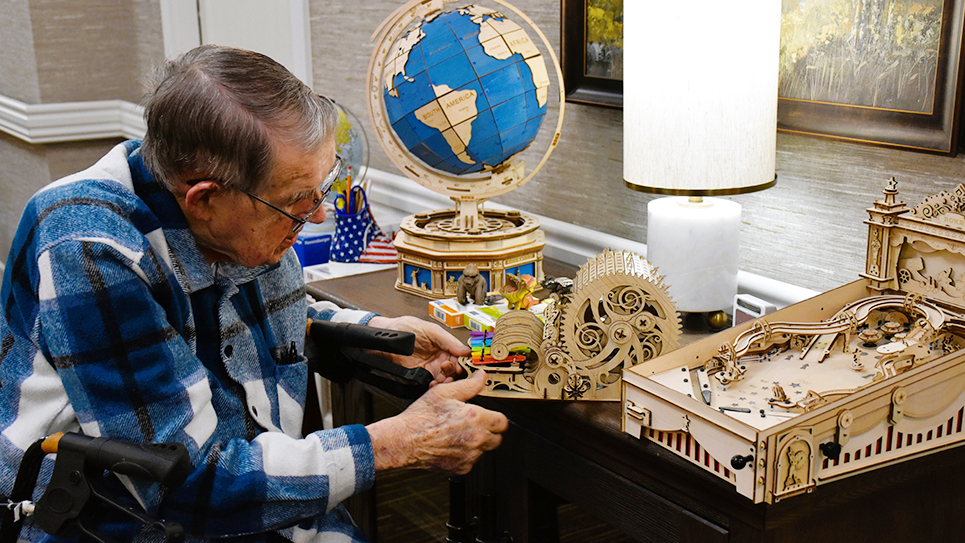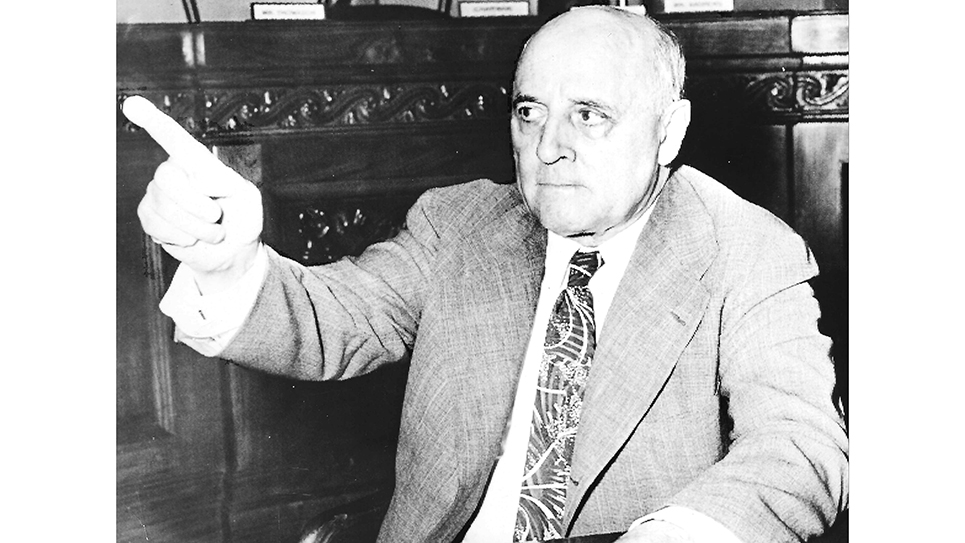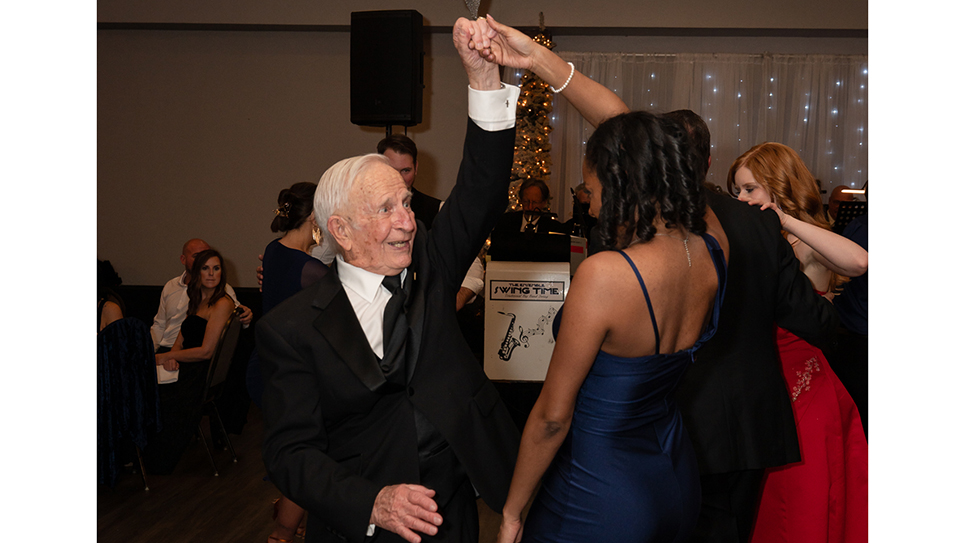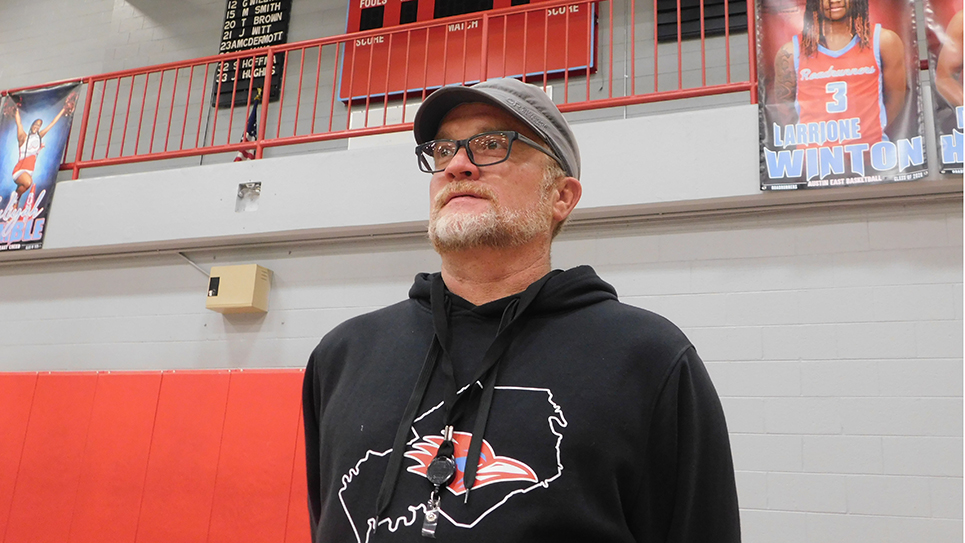West Nile Virus Detected in Mosquitoes; Spraying Scheduled for Wednesday Evening
~ from KCHD
he Knox County Health Department has confirmed the presence of West Nile virus (WNV) in mosquitoes during routine surveillance of the Milligan Street area of East Knoxville.
In response, KCHD will spray the area on Wednesday (June 25) from 8:00 p.m. to 10:00 p.m., weather permitting, to reduce the mosquito population and the risk of WNV spreading to humans. Residents are encouraged to stay inside during this time with pets brought inside or kept in the backyard.
West Nile virus is transmitted to humans through the bite of an infected mosquito. Most people do not develop symptoms, but some may experience fever, headache, body aches, or rash. Severe illness is rare but can occur, especially in older adults and individuals with weakened immune systems.
To reduce the risk of contracting WNV and other mosquito-borne diseases, KCHD recommends:
- Drain standing water: Mosquitoes lay eggs in stagnant water. Remove water from kid toys, flowerpots, gutters, buckets, etc.
- Use insect repellent: Apply EPA-registered repellents containing DEET, picaridin, or oil of lemon eucalyptus when outdoors.
- Dress to protect: Wear long sleeves and long pants, especially during dawn and dusk when mosquitoes are most active.
Roads to be treated:
N Cherry St, Summit Ave, Turner St, Nichols Ave, Mundy St, Washington Ave, Jefferson Ave, N Harrison St, Rutherford Ave, Woodbine Ave, E Fifth Ave, N Hembree St, Milligan St, N Elmwood St, N Castle St, N Mary St, Manor Dr, N Beaman St, Ace Miller Way, Crawford Ave, Lakeside St, Kirkwood St, Hampton Ave, and Knoxville Zoo Dr. A map of this area is attached.
Frequently Asked Questions:
If someone doesn’t want their yard to be sprayed, what can they do?
For those who request that KCHD not spray their yard, we can put “No Spray” signs in these yards. To opt out, please call KCHD’s environmental health program at (865) 215-5200.
* If you are a beekeeper and do not want your area sprayed, please call (865) 215-5200.
After KCHD sprays this area, what is the next step?
Traps will continue to be set out throughout the county and monitored. If this location or another location identifies another WNV positive mosquito, then we will spray again.
What special precautions need to be made?
No special precautions are necessary, but KCHD encourages the community to continue with best practices of mosquito prevention, listed above.
Is the spray that KCHD uses toxic?
The spray is non-toxic to children and pets. KCHD also sprays at night to minimize the harm to pollinators.






